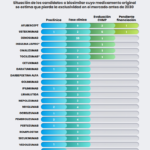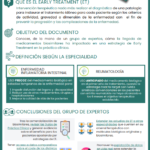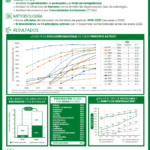Immunogenicity is the ability of a specific substance to induce an immune response. Immunogenicity is attributable to many factors and in the case of biologics it is an unwanted reaction. In many patients a immune response it does not produce any clinical consequences, however, there is the possibility that reactions of this type may alter the efficacy/safety profile.
La immunogenicity, an anecdotal phenomenon in chemically synthesized medicines, can be triggered by factors associated with the medicine: molecular characteristics inherent to the active principle, or the manufacturing and formulation process, and it can also be due to factors related to the individual susceptibility of each patient (age, genetic endowment, etc.) or to the therapeutic regimen (route of administration, concomitant treatment, etc.). In addition, it must be evaluated during the development of any biological product, be it original or biosimilar.
It is often not possible to predict the immunogenicity of biomedicines through preclinical studies (in silico, vitro o in live), and therefore it is clinical studies that provide the most relevant information regarding this phenomenon. A guideline from the European Medicines Agency provides guidance on how to approach the evaluation of the possible immunogenicity in the case of therapeutic proteins derived from biotechnology, which includes biosimilar medicines. Likewise, each of the guidelines for biosimilar products includes specific recommendations regarding the immunogenicity studies that must be carried out.




